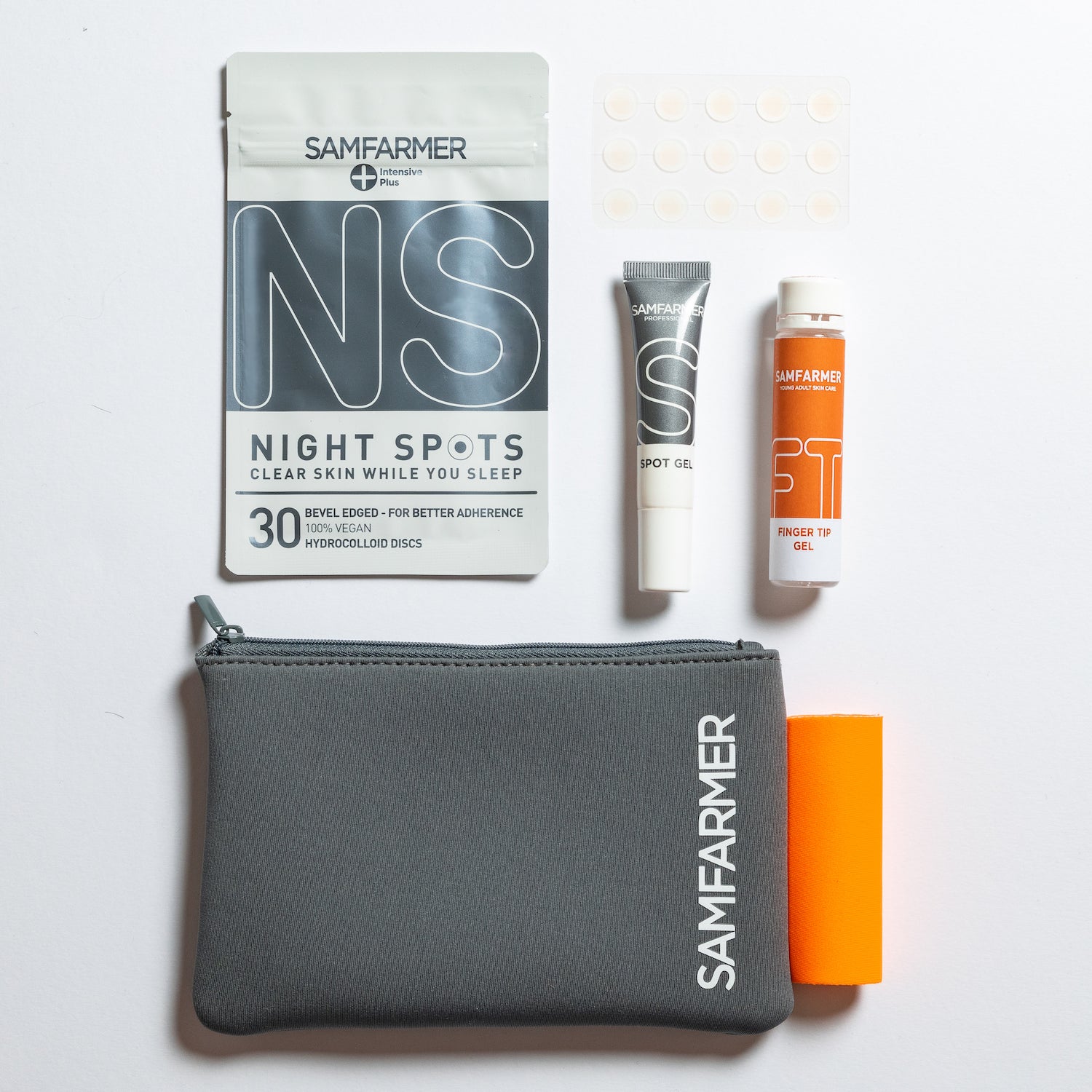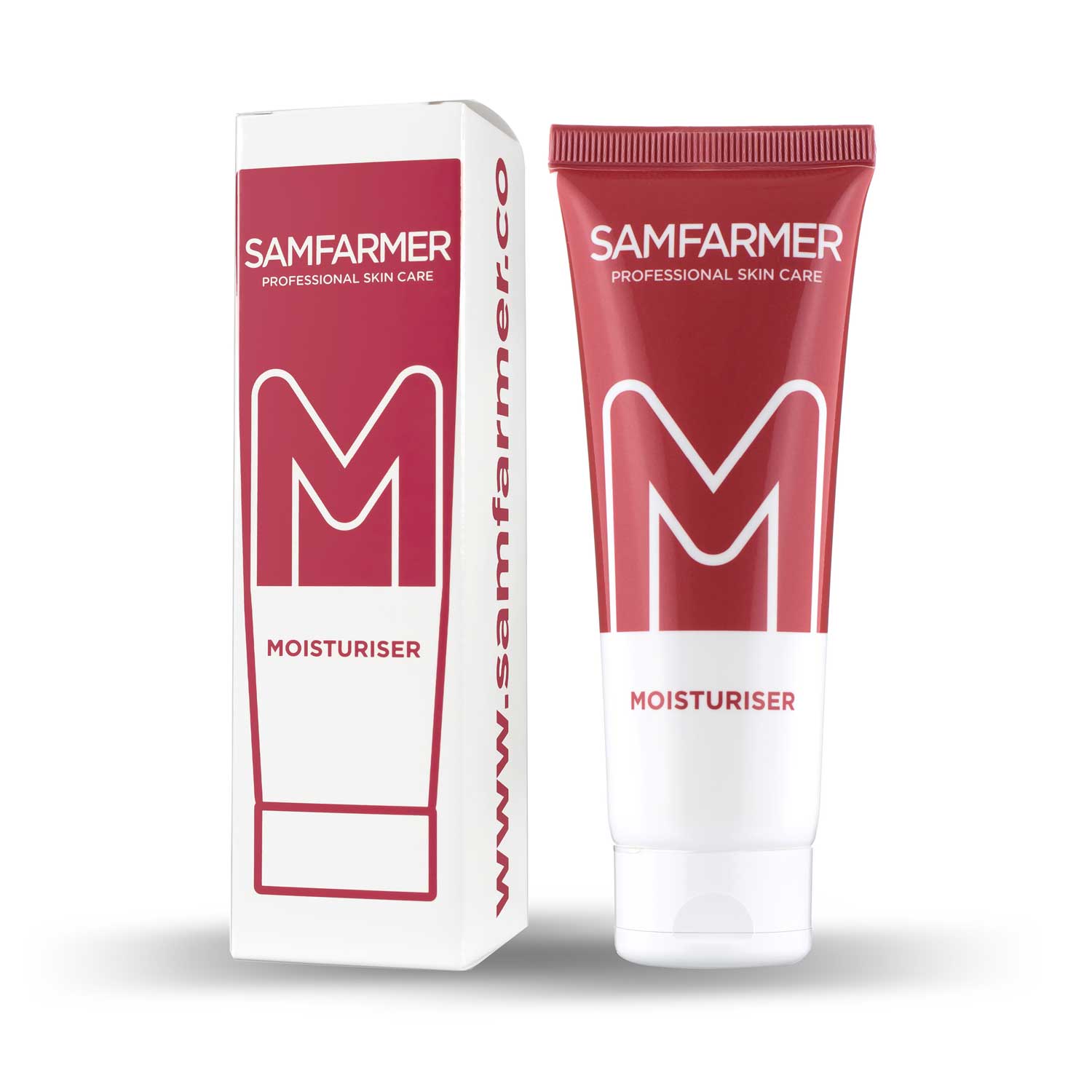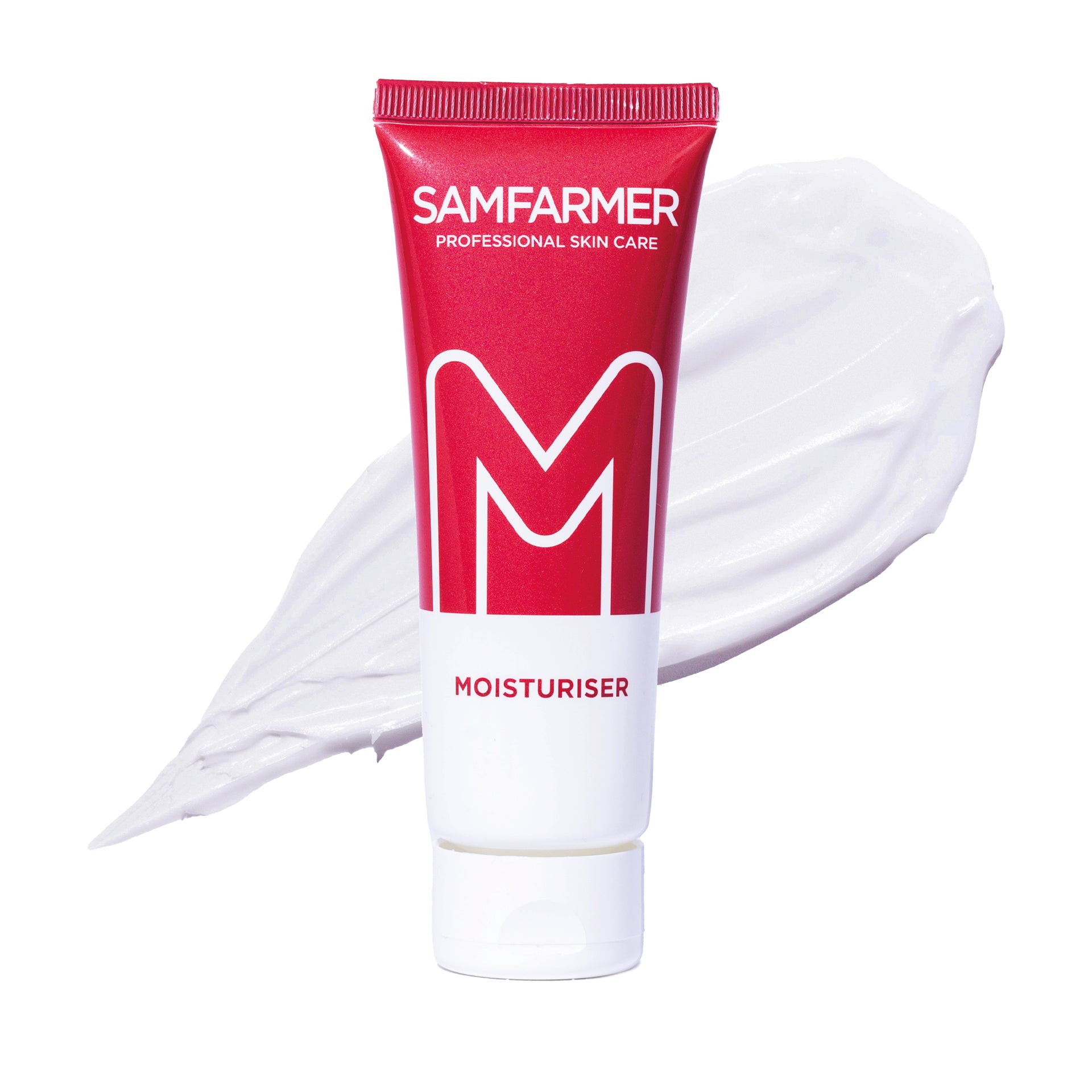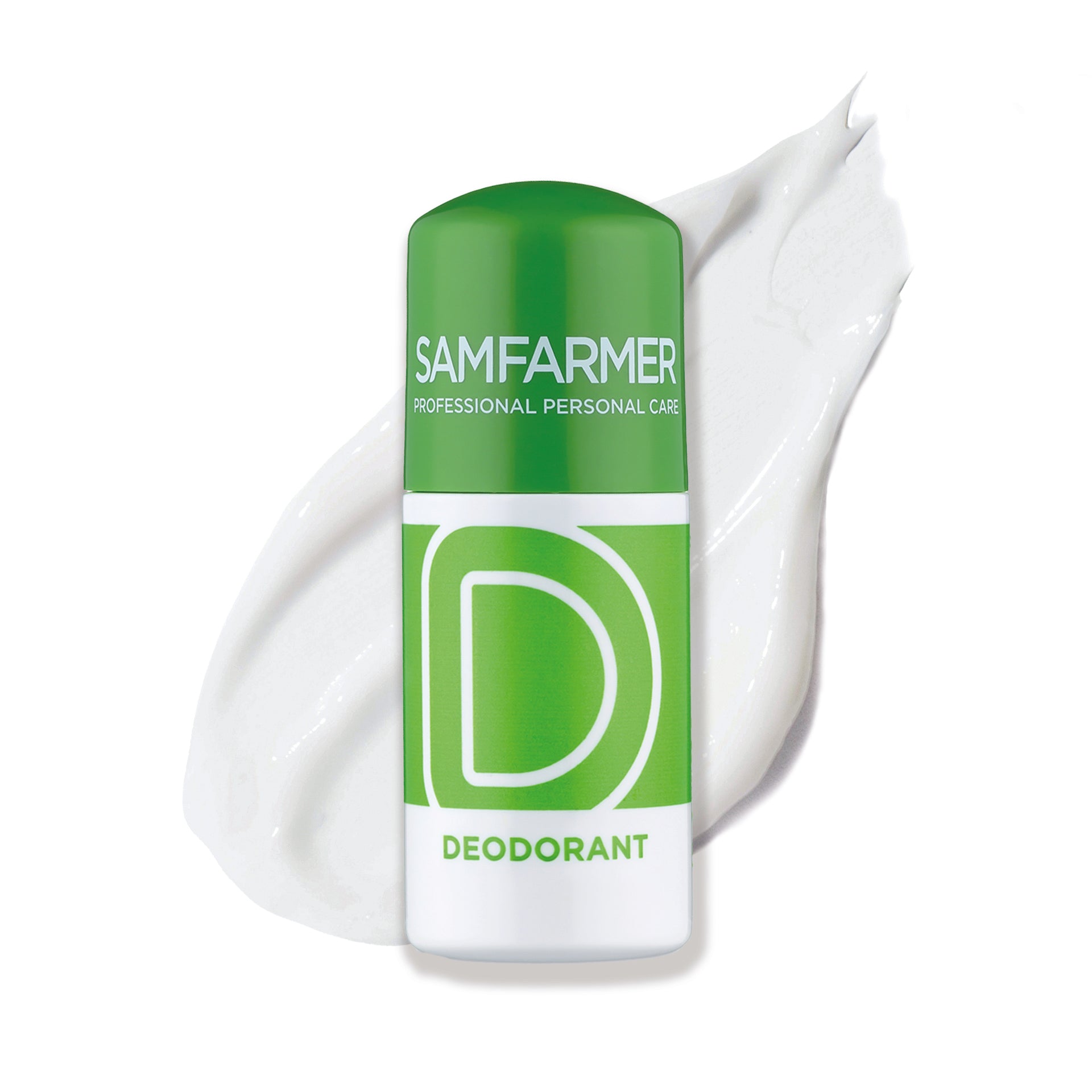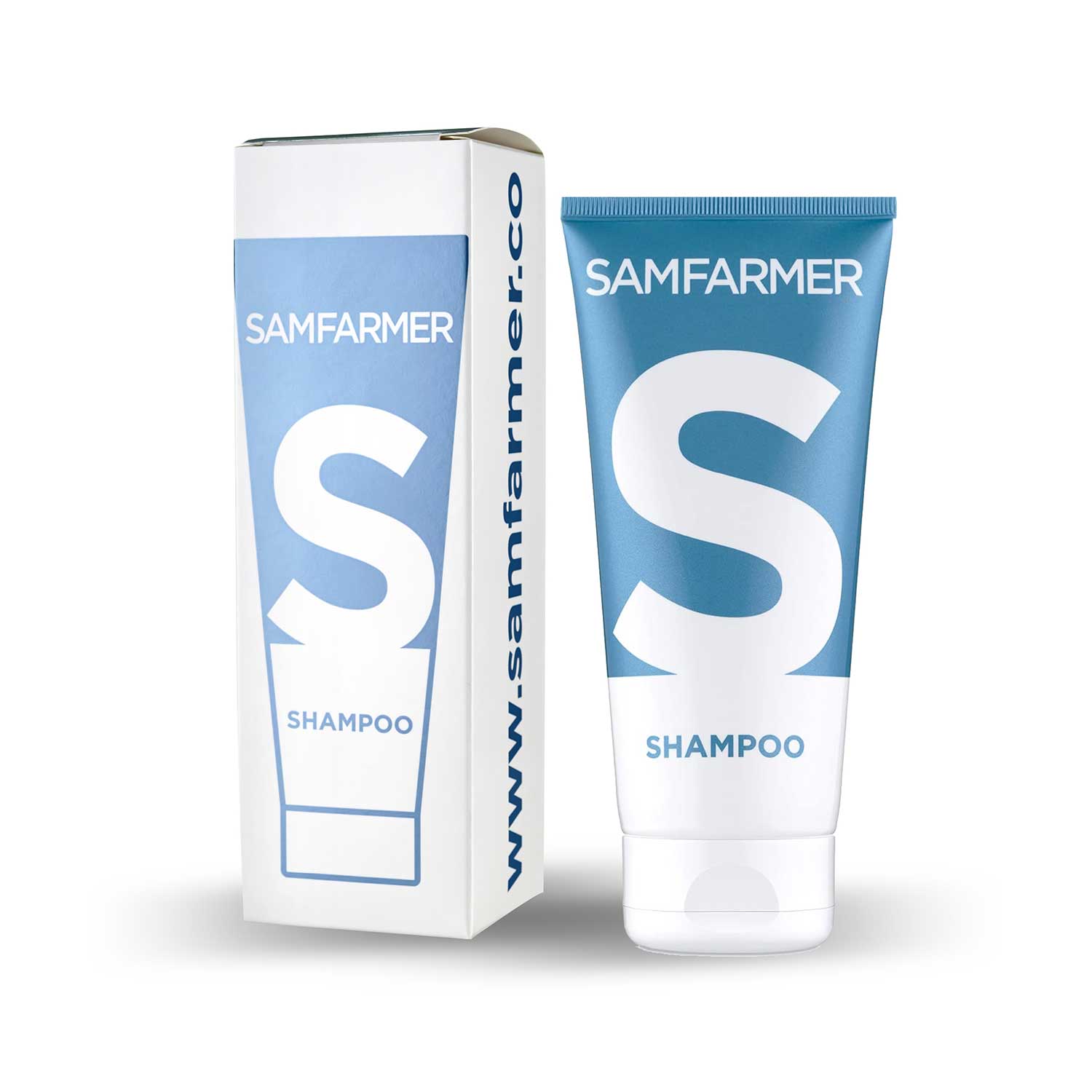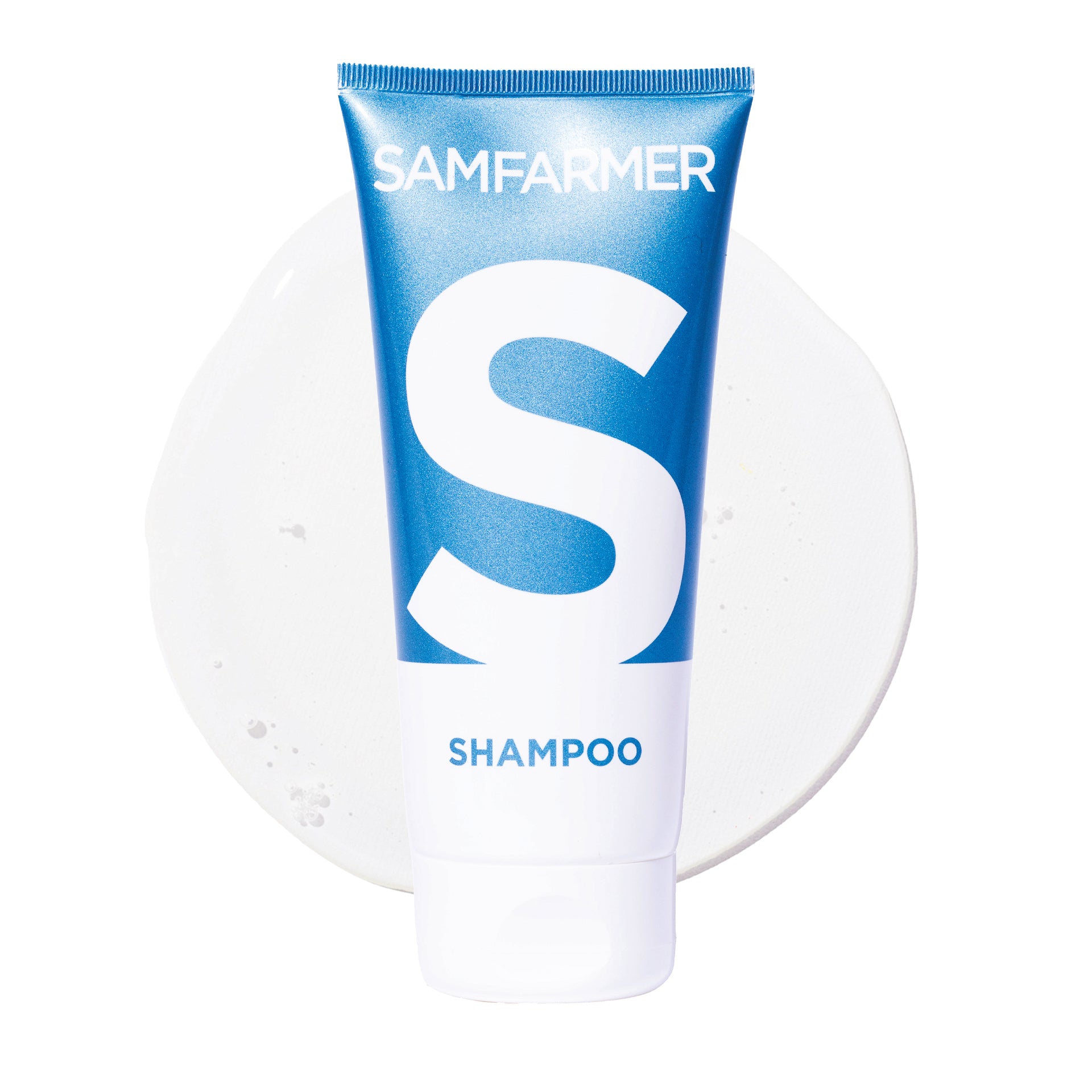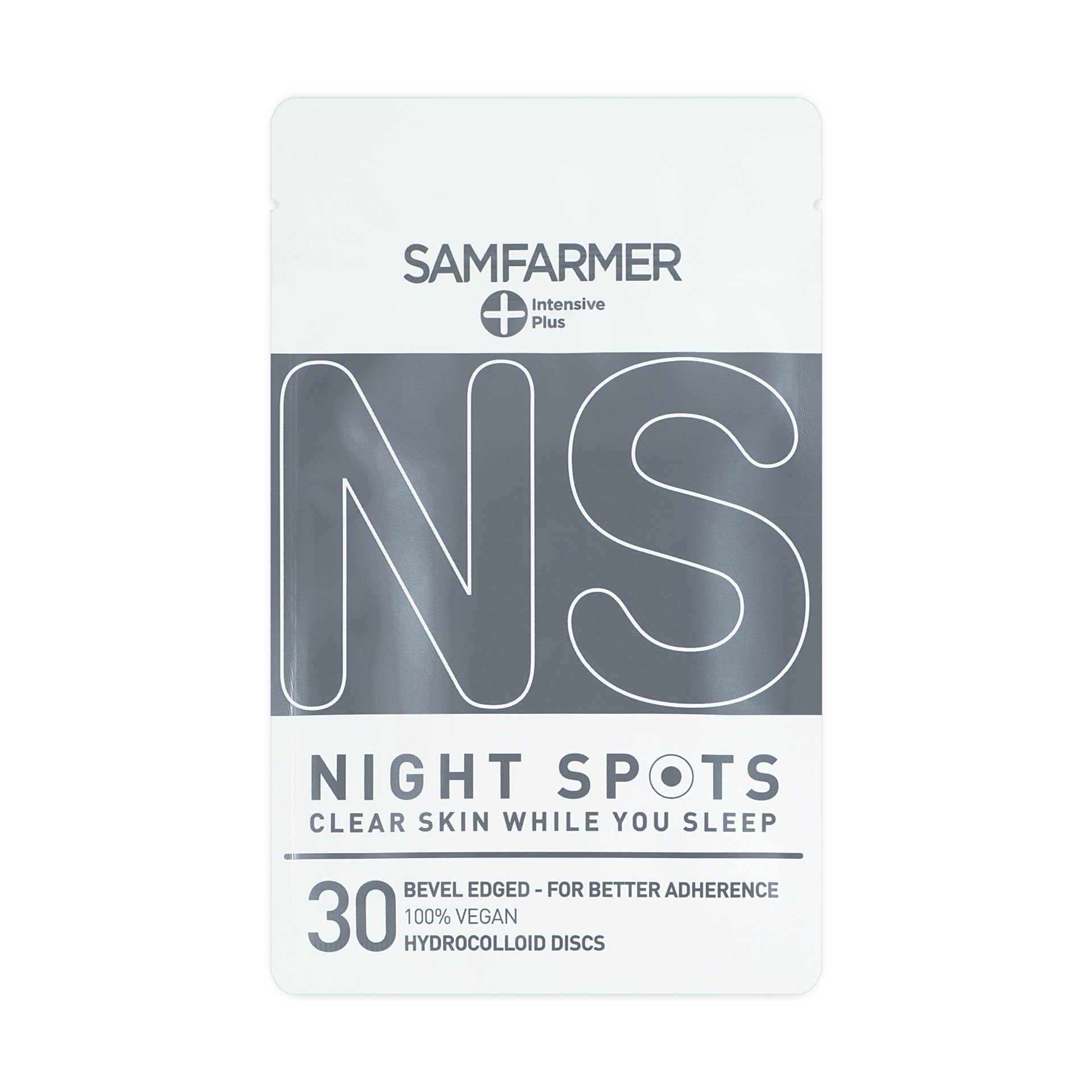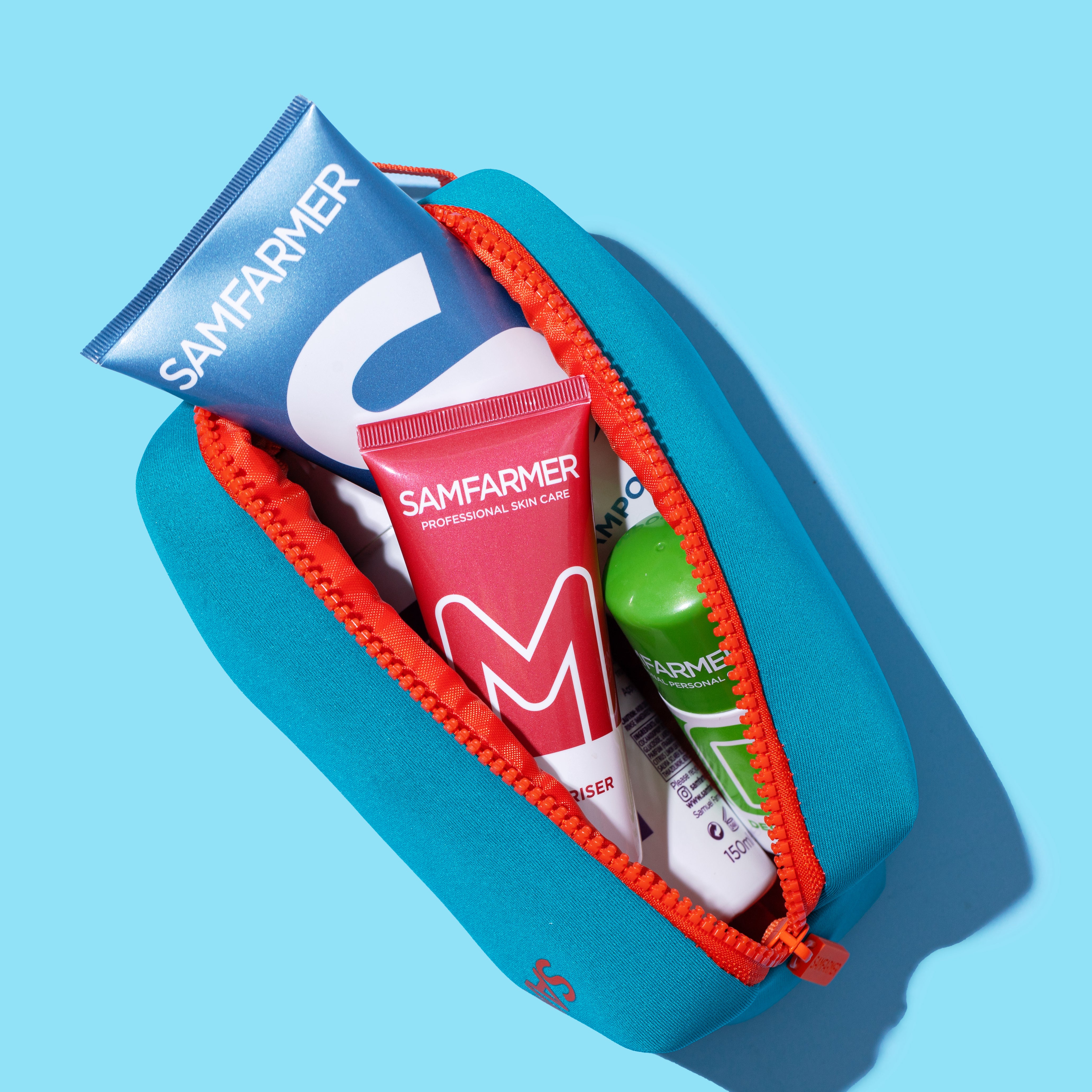
As teenagers begin to experience the hormone changes during adolescence, personal hygiene becomes increasingly important. Body odour, spots, oily skin and greasy hair are all common issues. However, it can be a difficult topic to broach with your teenager, who may feel self-conscious or embarrassed.
Having good personal hygiene habits is essential for their health, wellbeing and their development from child to young adult. Here are some tips on how to talk to your teenager about personal hygiene:
Start the hygiene conversation early
It’s never too early to start teaching and talking about personal hygiene with your children. A good starting point is teaching them to wash their hands and brush their teeth regularly. As they get older, you can gradually introduce more advanced hygiene practices such as showering daily, washing their face, moisturising and using deodorant.
Be sensitive about the topic
Talking about personal hygiene can be awkward, so it’s important to be sensitive to your teenager’s feelings. You may want to approach the conversation gently, and let your teenager know that you are there to support them.
Make sure to choose a time and place where your teenager feels comfortable and relaxed. If you become concerned about your teens lack of personal hygiene you may wish to seek medical advice as it can be a sign of underlying mental health issues.
Be specific

It’s important to be specific when discussing personal hygiene with your teenager. For example, you might want to talk about the importance of showering daily, using deodorant, brushing teeth twice a day and washing hands regularly.
You could also discuss the proper use of feminine hygiene products and the choices they are in control of when it comes to shaving body hair. Young men may also need guidance when it comes to intimate area hygiene and shaving.
Offer solutions
If your teenager is struggling with personal hygiene, offer solutions rather than criticism. For example, if your teenager has acne, you could suggest a skin care routine or a visit to a Dermatologist. If your teenager has body odour, you could suggest using deodorant or antiperspirant.
Encourage your teenager to experiment with different products and routines until they find what works best for them.
Make it a joint team effort
Personal hygiene isn’t just about the individual as it affects the people around them. Explain to your teenager that good hygiene habits can help keep everyone healthy and comfortable at home, school and if your teenager has a job, the workplace.
Encourage your teenager to consider those around them and to remind their friends and family members about the importance of good hygiene.
Use humour

Humour can be a great way to break the ice when discussing personal hygiene. You could
share a funny story about your own hygiene mistakes or use a humorous approach to
discussing embarrassing topics like body odour or spots. Just make sure that your teenager knows you are taking the conversation seriously and that you are there to support them.
Be consistent
Personal hygiene isn’t something that you can talk about once and then forget about. It’s important to be consistent in your messaging and to check in with your teenager regularly to make sure they are keeping up with good hygiene habits.
Offer gentle reminders, when appropriate, but try not to be too pushy or critical, it’s a very sensitive issue.
Talking to your teenager about personal hygiene can be challenging but it’s an important conversation to have. By being sensitive, specific, and supportive you can help your teenager develop good hygiene habits that will serve them well throughout their life.
Remember, personal hygiene is not just about looking and smelling good - it’s also about staying healthy and feeling confident. It’s an important part of becoming an adult and taking charge of their own cleanliness and wellbeing.
I've been through this with my own son and daughter, it can be tricky and nuanced but it's important. I didn't always get it right.
If you become concerned about your teen’s personal hygiene it’s a good idea to then seek medical advice as it can be a sign of underlying mental health issues.
Resources


